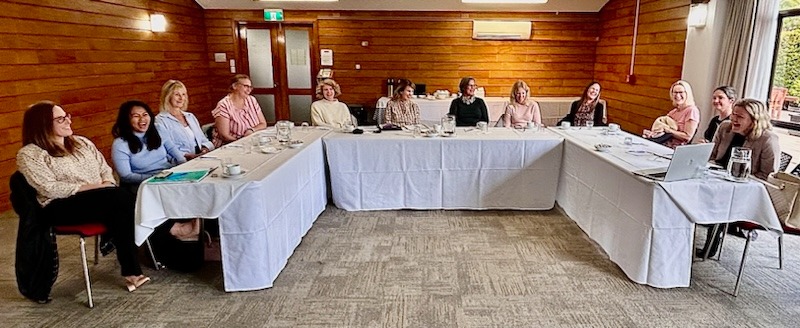The silly season is upon us, and all across the country HR professionals hold their breath…..what festive mess will we be dealing with this year?
Yes, the annual Christmas celebration. Loved by your team, also slightly feared by your senior team, but always important to say thank you for a year of hard work.
Even though it’s been a tough year for most businesses, it is likely that you will be looking to do a little something for your team to celebrate the end of the year. Whether it’s a low-key BBQ at the office, dinner out or simply an after-work drink, there is always the possibility of mischief.
Best to be pro-active, set expectations up front, and make sure you are mindful of what can go wrong.
Here are a few Do’s and Don’ts from us; to help make sure your function is the special celebration you are hoping for, and you don’t have any doozies to deal with.
Do:
- Set clear expectations before the event – Making sure your team consider their behaviour and what’s acceptable prior to the function can head off any high jinks they may be planning.
- If alcohol is involved, have a plan – Don’t forget you still have H & S responsibilities, even at a function. Consider how you limit the quantity available, what to do if someone has too much and how you will make sure your team all get home safe.
- Have a definite end time and make sure everyone leaves the venue – Some of your team may like to kick on, and that’s great for them. You just want to make sure it’s very clear any behaviour following the event is not your responsibility.
- Take time to talk to as many of your team as possible – It’s a really nice way to finish the year getting a personal “thank you for your hard work” from your boss and this is a great time to do it.
- Enjoy yourself – It’s time for you to celebrate the end of the year as well so try and have fun too
Don’t:
- Skip it – It may be tempting to think “this is mostly for the team” but this sends a very big message around how much you value them and their efforts. This is a must attend event.
- Drink too much – If you have a small team, you feel close to, it may feel like you can completely relax and totally let your hair. You can’t! Make sure you are not the one everyone is talking about on Monday morning.
- Get too familiar with individuals in your team – Have fun but keep it professional throughout
- Be anti-social or look bored – Appearing like you would like to be somewhere else is as bad as not showing up at all. This event is all about making your team feel valued and important.
- Forget to acknowledge the people who did the organising – This is just good manners and will encourage them to take the lead on this in the future.
And once again – enjoy yourself! Even if you have host responsibilities, this should still be a fun night.
And if it isn’t, you can always call us – we have 30+ years’ experience dealing with the Christmas doozies!













